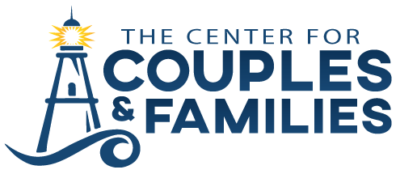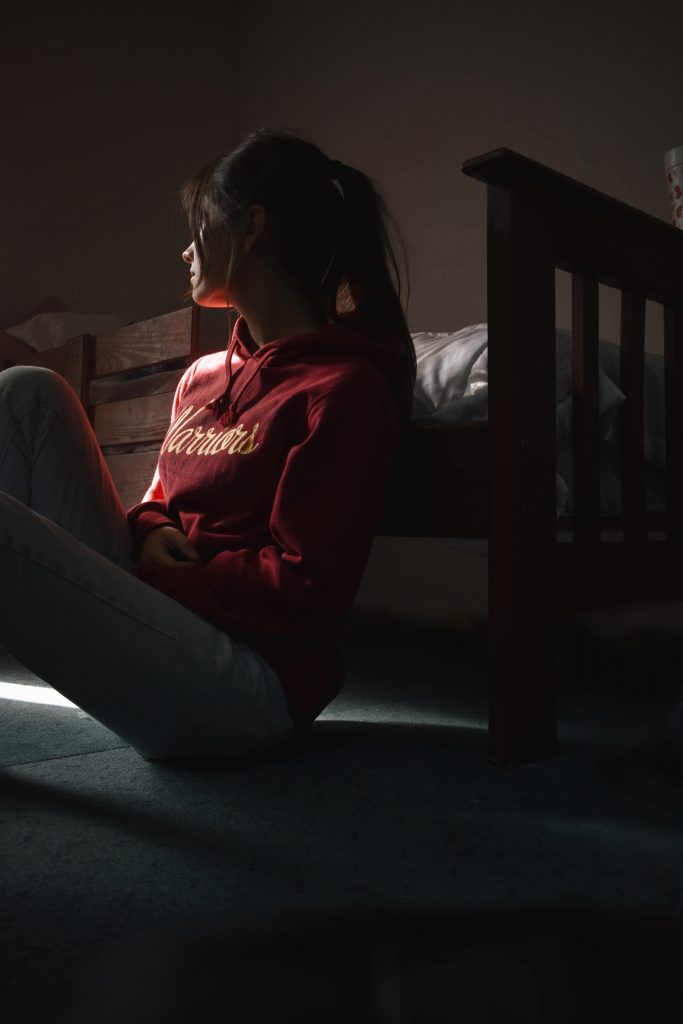LEARN SOMETHING NEW
Therapy Blog for Orem, Spanish Fork & South Jordan
Let’s Talk About Postpartum Depression
What is Postpartum Depression?
If you are pregnant or have recently had a baby, you may have heard a lot of talk about postpartum depression. But what is post partum depression? Is that the same as the “baby blues”? And will it just go away on it’s own, or should you seek additional help to overcome your symptoms?
Today, you will learn about the difference between baby blues and postpartum depression and the symptoms you should watch for after your baby arrives. You will also learn what to do if you suspect you have postpartum depression and how individual
counseling can help. (Related article: Marriage Tips for New Parents).
Baby Blues
Pregnancy, birth, and postpartum are a lot of work! Adjusting to a new family member and also dealing with recovery after delivering your baby will present many opportunities for joy and new experiences. However, those same new experiences may also be overwhelming. (Related article: The Difference Between Sadness and Depression)
So, it’s normal to feel some level of stress after having a baby. After all, you are dealing with pain, discomfort, and sleepless nights. That is enough to make it seem like the newborn phase will never end!
This period of adjustment and frustration or anxiety is commonly called the “baby blues”. The baby blues are very common; it’s estimated that about 80% of new parents will have this experience. (Source) The baby blues usually appear two or three days after your baby is born. And these feelings may last for two or three weeks after that. (Source)
There is no “cure” for baby blues, but there are things you can do to feel better. First, try to get help as much as you are able. Try to sleep as much as possible, and try to make time to go outside, if the weather permits. Also make sure to find time to shower and eat, and that you are able to stay hydrated. And remember that baby blues typically go away after a week or two. (Related article: Should I Seek Counseling for Depression?)
Postpartum Depression
Maybe you read my description of baby blues and you said hey, that sounds like me… but my baby was born a year ago! Or maybe the baby blues sound familiar, but in addition to the stress and anxiety you feel post-baby, you also experience any combination of the following:
-Constant crying or extreme mood swings
-You struggle to bond with your baby
-You feel very irritable or angry
-Severe anxiety or panic attacks
-Insomnia, even when your baby is sleeping
-It is a struggle for you to enjoy the things you used to enjoy
-You have difficulty concentrating
-You have lost interest in spending time with family or friends
-You have thoughts about harming yourself or your child
This condition is not limited to the period immediately after you have your baby. You may have begun to have these symptoms during your pregnancy, during or after birth, or even up to a year after your baby is born. Additionally, your partner may also experience the same postpartum depression symptoms. If these symptoms sound a little too familiar, you may be experiencing postpartum depression. (Related article: Surprising Symptoms of Depression That You May Miss).
Postpartum depression can be confusing, frustrating, and scary. And if you are experiencing this too, know you are not alone! Recent studies have shown that 1 in 7 women report experiencing postpartum depression. And that number is likely higher,
considering only half of women with postpartum depression seek help. (Source)
Get the Help You Need
Why do only half of women with postpartum depression seek help? It’s scary to ask for help, especially as a new parent. When it comes to confronting postpartum depression symptoms, self-care is a great start.
However, self-care alone may not be enough to feel better when it comes to postpartum depression. A therapist can help you learn how to process your emotions and manage postpartum depression symptoms in individual therapy. The postpartum phase is hard, but you don’t have to do it alone.
Ready to find the help you need? Start counseling for postpartum depression in Orem, South Jordan, or Spanish Fork.
Written by Lauren Adkins


